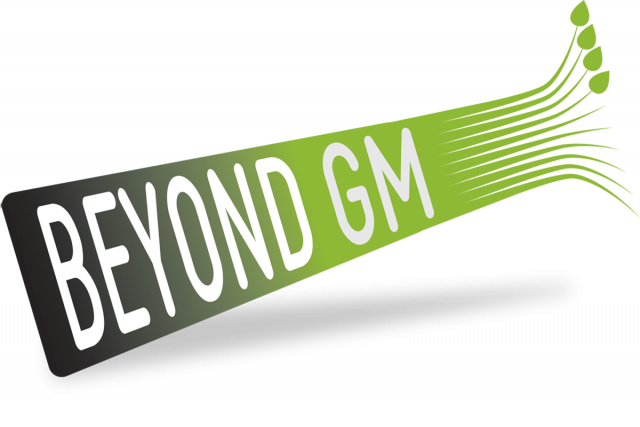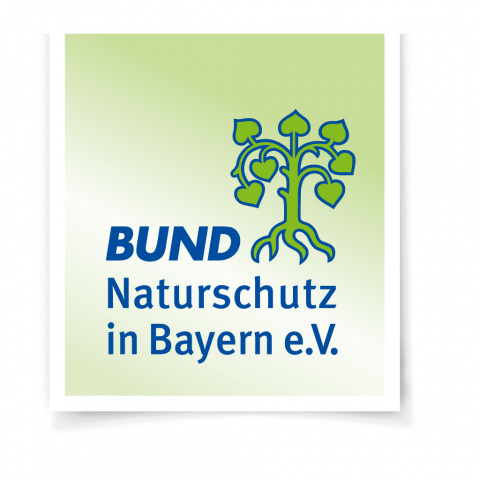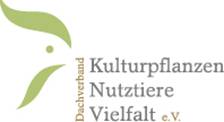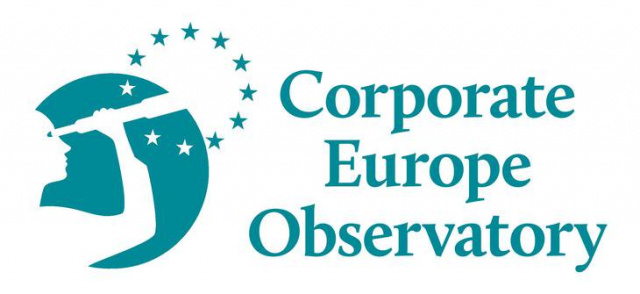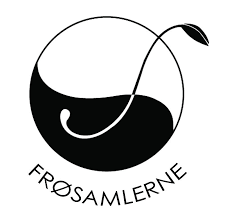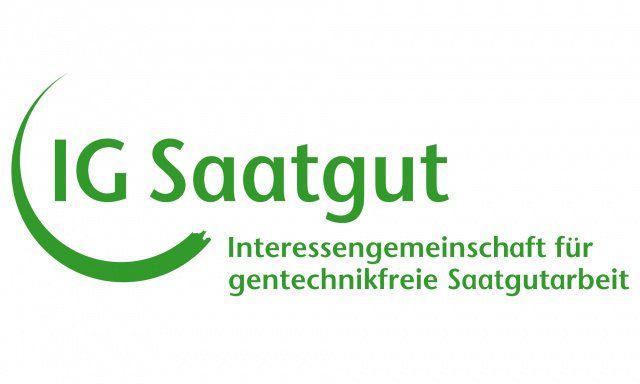Munich 27 March, 2015
The Enlarged Board of Appeal of the European Patent Office (EPO) has decided on the precedent cases of broccoli and tomato (G2 / 12 and G2 /13). The EPO made clear that while processes for crossing and selection cannot be patented, plants and animals stemming from these processes are still patentable. This illogical decision was a long awaited outcome of a precedent case on the patentability of plants and animals derived from conventional breeding. The coalition No Patents on Seeds! has heavily criticised this decision. The organisations are warning about the increasing monopolisation of breeding of plants and animals needed for food production.
“The EPO has paved the way for companies such as Monsanto, Syngenta and others to take control of resources we all need for our daily lives. We call upon European governments to put political pressure on the EPO to change its practice”, says Christoph Then for No Patents on Seeds! “No company should hold monopolies on sunlight, air or water. The same is true for the resources needed for food production.”
While the European Parliament as well as a few governments such as Germany, France and The Netherlands are apparently aware of the problem and are taking some measures, the EU Commission and most Member States of the EPO are mostly taking no action. The coalition No Patents on Seeds! is now calling for immediate political action: “We now need a clear reaction from politicians. The current situation cannot be solved by just doing nothing”, Christoph Then says for No Patents on Seeds! There are several possibilities to overturn the current decision: One possibility is for European governments to take initiative at the Administrative Council of the EPO, which can change the interpretation of current patent law by amending the Implementation Regulation of the EPO. This could be done in the short-term. Another possibility is that EU Commission issues a legally binding interpretation of existing law that stops the further granting of patents on plants and animals from conventional breeding within the EU. In the mid-term a change in the European Patent Directive, to prohibit patents on plants and animals in general, is regarded as decisive.
The organisations behind the coalition of No Patents on Seeds! are concerned that patents on plant and animal breeding will foster further market concentration, erode small breeding companies, making farmers and other stakeholders of the food supply chain even more dependent on just a few big international companies and ultimately reduce consumer choice. The coalition of No Patents on Seeds! is organised by Bionext (Netherlands), The Berne Declaration (Switzerland), GeneWatch (UK), Greenpeace, Misereor (Germany), Development Fund (Norway), No Patents on Life (Germany), Red de Semillas (Spain), Rete Semi Rurali (Italy), Reseau Semences Paysannes (France) and Swissaid (Switzerland). They are calling for a revision of European Patent Law to exclude breeding material, plants and animals and food derived thereof from patentability. The coalition is supported by several hundred other organisations.
Contacts:
Christoph Then, + 49 151 54638040, info@no-patents-on-seeds.org,
Francois Meienberg, Berne Declaration, +41 44 277 70 04 food@evb.ch

